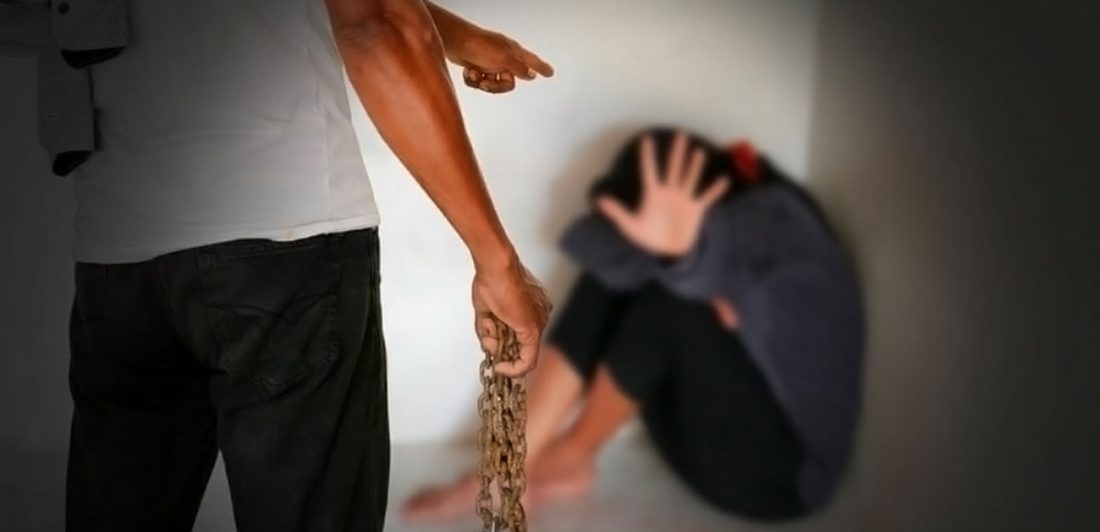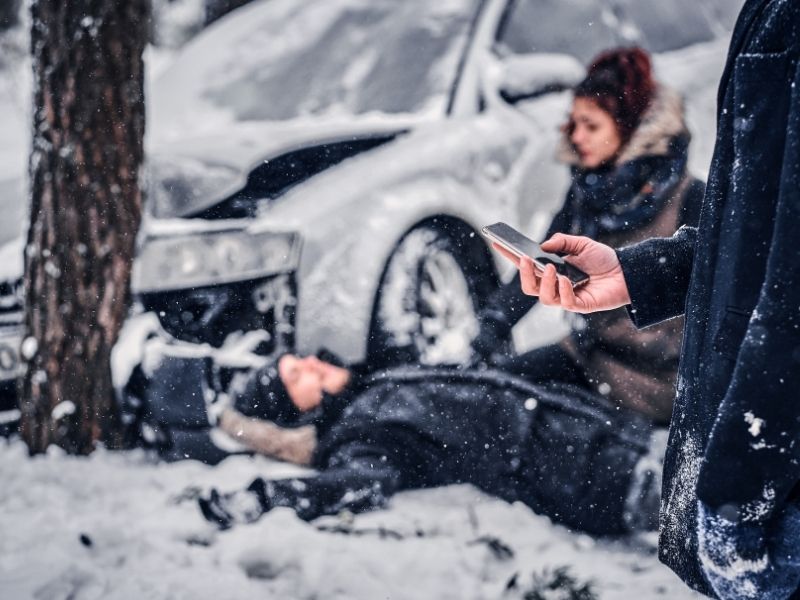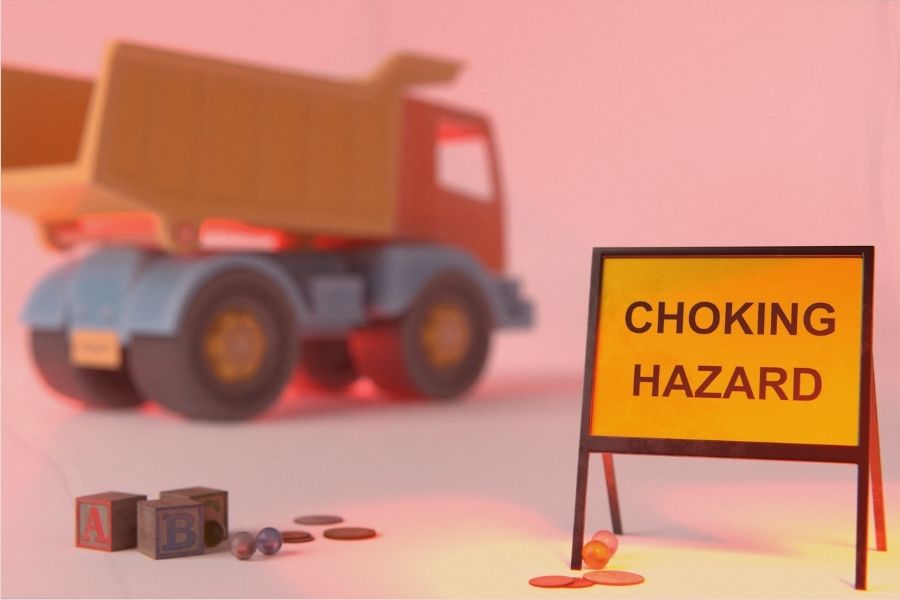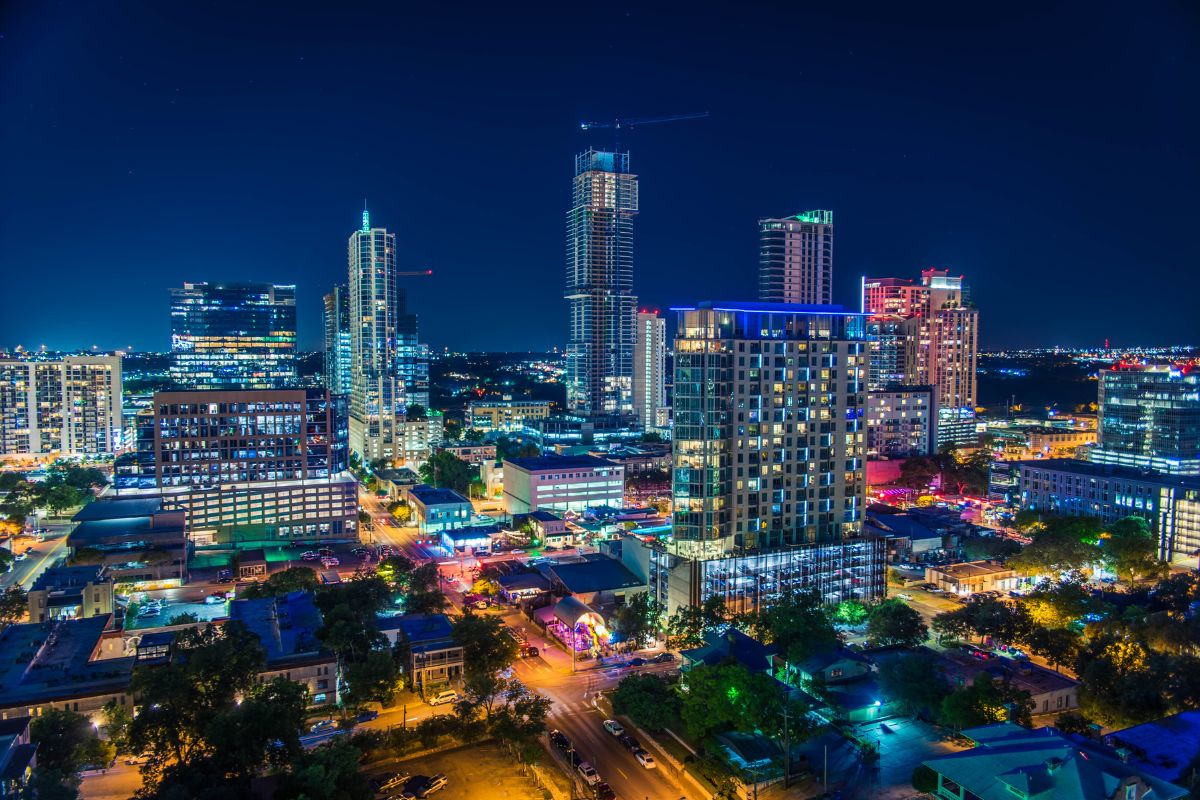According to the Polaris Project, there were 10,949 cases of human trafficking reported in 2018 to their National Hotline. It is the highest amount in a single year since Polaris began operating the hotline in 2007. However, victims hardly use civil litigation to hold traffickers or businesses accountable. This is because many survivors of sex trafficking don’t realize that they have options. It is important to understand that civil litigation is another avenue for survivors of human trafficking to regain power over their lives.
How serious of a problem is human trafficking?
The Federal Bureau of Investigations considers human trafficking the third-largest criminal activity in the world. Yes, in 2020, the buying, selling and smuggling of humans across borders persists. While the act isn’t as widely accepted or practiced, we are still living in a world where human beings are used for profit. Unlike drugs or weapons, humans are a reusable source. This makes them incredibly valuable to criminals looking for large profits. Traffickers often force women and children to work as prostitutes or domestic workers, while forcing men to take jobs as migrant or restaurant workers with little to no pay. Many times, victims are beaten and starved until they comply with the trafficker’s demands.
There are several factors that play into the rise of human trafficking over the last decade. First, the increased use of the internet and social media are major factors in both finding and selling victims. The second is the belief that human trafficking is not a problem in our country. However, because of present-day globalization, trafficking knows no geographical boundaries.
Victims often live under cruel conditions and traffickers threaten theirs or their family’s lives if they attempt an escape. These tactics serve traffickers in keeping their victims enslaved. However, even when a victim manages to break free and go to the police, their perpetrators may not be punished. This is why civil litigation is so important to human trafficking.
How does civil litigation deter human trafficking?
In 2003, Congress passed a law that allows victims of trafficking to recover civil damages in federal courts. The goal of such legislation is to ultimately penalize the full range of human trafficking offenses. Essentially, any entity who benefited financially or received value from participation in a venture that they knew or should have known human trafficking was occurring can be held liable.
Civil litigation makes victims whole.
Many victims and attorneys overlook the value of civil litigation. But civil litigation is an important and powerful tool in assisting victims on their road to recovery. While victims sometimes receive restitution in criminal cases, their damages may sometimes exceed the amount awarded. However, in a civil case victims have a better chance of recovering compensation that will cover the costs of medical treatment, counseling and other damages. Moreover, civil litigation forces offenders to answer directly to a victim. This can make a victim feel empowered and restore a sense of self.
Civil litigation discourages would-be traffickers or employers.
The low burden of proof in a civil lawsuit means that businesses could possibly end up owing human-trafficking survivors millions of dollars. Because a lawsuit could bankrupt or hurt a business’ bottom line, civil litigation works as a way to discourage human trafficking.
Civil litigation encourages hotels, motels and other businesses to report suspicious behavior.
As noted above, a civil lawsuit can cost a business millions of dollars. However, many survivors of sex trafficking do not know that they can hold businesses who benefitted from their victimization accountable. This lack of knowledge has allowed hotels to get away with ignoring the signs of sex trafficking. But it is important to note that federal law opens hotels, motels, truck stops and other hospitality businesses to civil claims. The hospitality industry owes the highest care of duty to guests. When hotels allow sex or human trafficking to occur on their premises they are breaching that duty of care. Because of this, victims have the right to seek damages from businesses. In order to protect victims, hotel staff should always be on the lookout for signs of hotel sex trafficking>.
Civil litigation allows victims to confront traffickers.
In most cases, the law views criminal activity as an offense against the state or society as a whole. This means when a sex trafficker is brought before a criminal court, the offense is considered a crime against society. A representative of the state tries criminal cases. However, in a civil case, the wronged party files the case. Meaning the survivor is directly holding the trafficker responsible for their actions. Although courts treat criminal and civil cases differently, a person can face both criminal charges and a civil lawsuit for the same conduct.
The Carlson Law Firm Can Help
Reports of human trafficking have come from all 50 states and the District of Columbia. Although there are plenty of resources available for victims of human trafficking, these resources don’t seek to get you justice. Even if the trafficker responsible for your victimization is nowhere to be found, you can file a lawsuit against the businesses that facilitated. They are equally responsible for your victimization.
The Carlson Law Firm has an experienced and compassionate Human Trafficking Lawyer that can help you hold the parties who facilitated your victimization accountable. Call The Carlson Law Firm at 800-359-5690 for a free, confidential consultation with one of our Sexual Abuse Attorneys. We have more than 40 years of experience seeking justice for people just like you.




